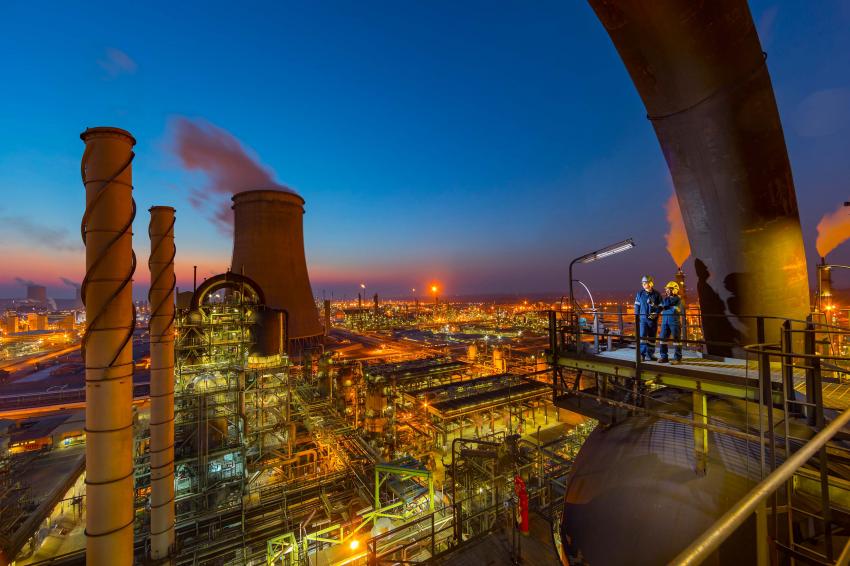Sasol Starts LDPE Unit at Lake Charles
“This milestone safely brings our Lake Charles Chemicals Project to a close and sets the stage for the next step in the evolution of our chemicals business,” said president and CEO Fleetwood Grobler. The start-up and the impending transition to the joint venture with LyondellBasell will accelerate Sasol’s transformation into a more specialty chemicals-focused company with a strong presence of base chemicals in its portfolio, the CEO said.
In addition to the LDPE facility, the newly incorporated Sasol-LyondellBasell Louisiana Integrated Polyethylene Joint Venture will own and operate a 1.5 million t/y cracker and a 470, 000 t/y HDPE/LLDPE swing plant. Each partner will supply a pro rata share of ethane feedstock and offtake pro rata shares of cracker and polyethylene products at cost. The complex will have 800 full-time employees.
Under the joint venture’s terms, LyondellBasell will produce base chemicals such as ethylene oxide/glycol and specialty alcohol in addition to running the cracker and PE plants.
Sasol will retain full ownership and operational control of its R&D complex, the site’s existing East Plant ethane cracker with a capacity of 431,000 t/y of ethylene and its performance chemicals business, which produces Ziegler alcohols and alumina, ethoxylates, Guerbet alcohols, paraffins, comonomers, linear alkyl benzene, ethylene oxide and ethylene glycol.
With its US investment, the South African group intended to profit from the shale gas bonanza its rivals seemed to be enjoying, but since its inception in 2011 the LCCP project was dogged by problems. Originally projected to cost $5-7 million –a sum revised upward to $8.9 billion when the final decision to build was announced in 2014 – the complex ended up costing $12.8 billion.
Instead of cashing in on a bonanza, Sasol’s debt skyrocketed, eventually leading to a rights offer and sale of a $2 billion stake in the new cracker to LyondellBasell – the jv agreement was announced in early October.
The group’s headaches were compounded by the fire and a series of hits from Gulf Coast hurricanes. Battered severely by Hurricane Laura in August, the area was subsequently hit by Hurricane Delta in October. Without power, Sasol had to take plants offline.
Author: Dede Williams, Freelance Journalist





